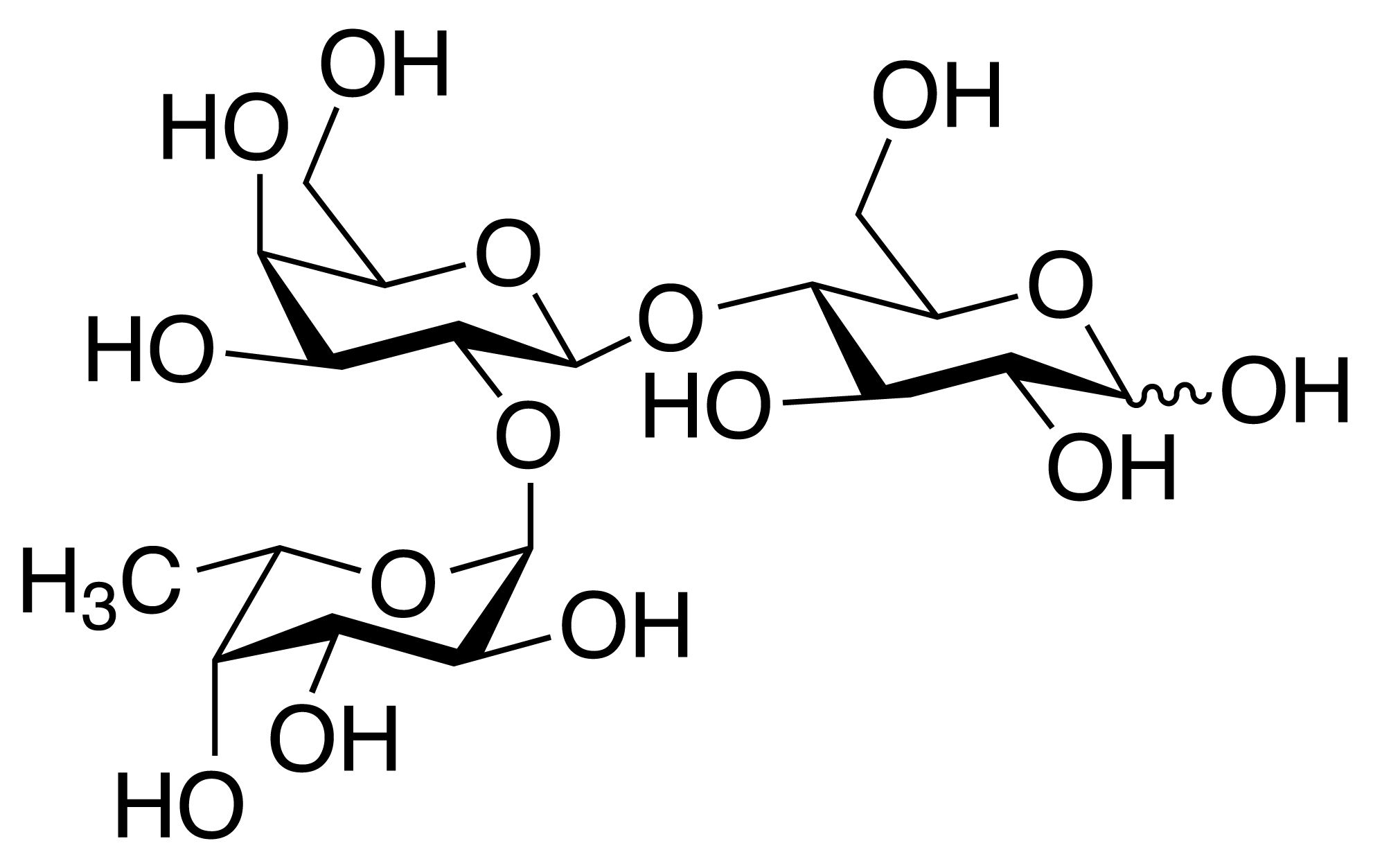Human Milk Oligosaccharides (HMOs), also referred to as human milk glycans, are polymers of complex indigestible sugars present in human milk. They are a vital constituent of human milk and are the third largest component after fat and lactose. HMOs don’t have any nutritive function, but they promote the immune system’s development by stimulating Bifidobacterium and other good bacteria and blocking pathogens.
HMOs are present as an ingredient in infant formula and consumed as prebiotics to improve gut health. The rising health consciousness among consumers has resulted in companies utilizing HMOs in several functional food products and beverages. This blog post sheds light on the various health benefits of consuming HMOs. Also, it uncovers the intricacies of the human milk oligosaccharides (HMO) market, its growth, and the factors shaping its landscape.
How Do HMOs Work?
The human body can’t digest human milk oligosaccharides. So, after reaching the large intestine, the HMOs are broken down by the microbiota present there. Two bacteria present in the colon – Bifidobacterium spp. and Bacteroides spp. – are highly effective at breaking down the HMOs.
Once the break down is complete, the human milk oligosaccharides can be eaten up by other good bacteria that help promote gut health. Also, HMOs can assist in stimulating the gut bacteria to produce short chain fatty acids that nourish the gut’s mucous membrane. The mucous membrane thwarts unwanted substances from getting consumed by the body and allows useful nutrients to pass.
Benefits of Consuming HMOs
There has been a surge in human milk oligosaccharides (HMO) market demand due to the various benefits that HMOs offer. Below are some of the top advantages of consuming HMOs:
Modulation of the intestinal microbiota: HMOs are an essential component that influences the gut microbiota by acting as an energy source for good intestinal bacteria. In addition, HMOs impact the host’s health by acting as a decoy receptor for the pathogens in the mucosal membrane.
Immune modulators: An important aspect of human milk oligosaccharides is their immunomodulation. HMOs have the ability to directly modulate the intestinal cells’ gene expression, resulting in the alteration of cell surface glycans expression and changes in other cell responses.
Modulation of intestinal cell response: HMOs have the ability to affect the intestinal cell response directly. They do this by instigating differentiation and apoptosis and reducing the growth of cells.
Antiadhesive properties: Human milk oligosaccharides strengthen the host defense mechanism by improvising the gut barrier function.
What’s Driving the Market Growth?
The human milk oligosaccharides (HMO) market was valued at USD 189.66 million in 2021 and is expected to grow to USD 1,003.07 million at a CAGR of 22.4% during the forecast period.
Human milk oligosaccharides are a functional element that acts as a nutrient in the neurological development of infants. The growing usage of HMOs in infant formula is driving the growth of the market.
People have become more conscious about their health due to lifestyle and diet changes. As a result, there is an increased preference for functional foods like probiotics and dietary supplements. Moreover, an extensive rise in the number of mothers unable to lactate is anticipated to drive the human milk oligosaccharides (HMO) market sales.
Recent Developments
In June 2021, health and nutrition company H&H Group introduced its new kids supplement ProBOOST + Vit D. The kids supplement includes HMOs and is suitable for consumption for kids aged one year and above.
In April 2020, Japanese biotechnology and pharmaceutical company Kyowa Hakko launched a new facility in Thailand to produce HMOs. The plant was established with the aim of catering to the rising demand for HMOs in the coming years.
To Sum It Up
HMOs are different prebiotics found in high concentrations in human breast milk. They affect the microbiome of breastfed babies and help nourish the immune system of infants. Owing to the various functional advantages that human milk oligosaccharides offer, there has been a surge in demand for HMO products. The potential for HMOs to assist in cognitive development is expected to drive the human milk oligosaccharides (HMO) market growth in the coming years.

